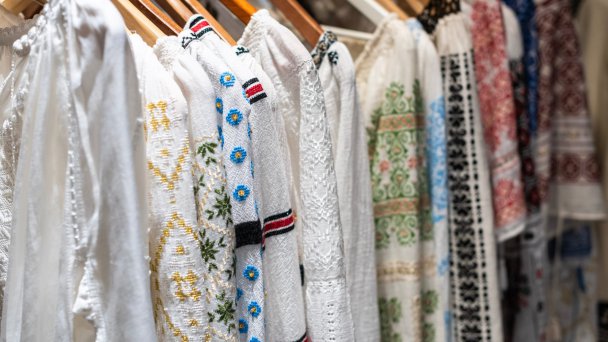“Emotional Chastity” Makes No Sense
Since joining The Culture Project, I have been part of numerous discussions regarding the concept of “emotional chastity.” The idea is simple: that the effects of what we say in conversation or the emotional motivations behind our actions (especially in the context of situations of flirting and conversations with the opposite sex) need to be taken into consideration.
One of the most common examples that come up when discussing “emotional chastity” is a couple talking about their future children, not just the concept of children, but their children. This discussion can change the relationship to one where both people are loving the imagined, future version of what their boy/girlfriend would be like as a husband/ wife or a mom/ dad– making it hard to make realistic, here-and-now decisions that are truly good for the other person in the relationship.
In principle, emotional chastity is true, right, and is worth living. Our intentions and all of the potential consequences of any action, even in conversation or emotional motivation that we take in a relationship should always be taken into account. We all deserve to feel a mutual love and value in relationships.
But here’s the problem.
Our culture encourages us to compartmentalize our lives. When rules apply under certain conditions, it often helps us to feel less guilty when we break that rule. This separation is one of the sources of many of our culture’s moral issues today (“Humans deserve life, but pre-born children aren’t humans,” is an example of this mentality).
Discussing “emotional chastity” suggests to others that chastity is dependent on the circumstances of a situation that we might find ourselves in, and that what we should do may change depending on whether the situation or issue being discussed is one that is directly tied to emotions and intentions or not. It seems that we have compartmentalized chastity by making this distinction between “emotional chastity” and “normal” chastity.
The fact is, committing to “chastity” alone cover the full spectrum of situations that we as humans could find ourselves in. Fundamentally respecting the dignity of those with whom you are in a relationship with does not need to be clarified by whether or not the issue is an emotional one. The wonderful thing about chastity is that it is absolute, and in any situation, any person is able to make a decision that accounts for the dignity and need for love that each and every one of us possesses as humans. Whether that decision is made by not leading someone on, or by being realistic in our expectations from someone else in our relationships, it is a decision based in chastity.
Our culture is exceptionally confused about the idea of chastity, and the last thing that we need to do is to further confuse people. The beauty of chastity lies in the fact that it applies to every situation, and to suggest that there is something that separates “emotional chastity” from “normal” chastity only makes it more challenging for people to understand and live out. It pushes people away. We could come up with a million words to put before chastity and discuss, but none of those terms would be more effective than working to emphasize the idea that chastity can absolutely apply to every person, relationship, and situation.
